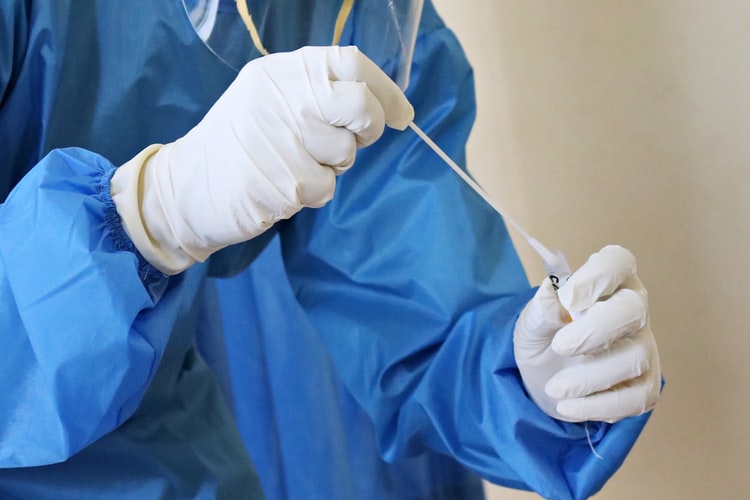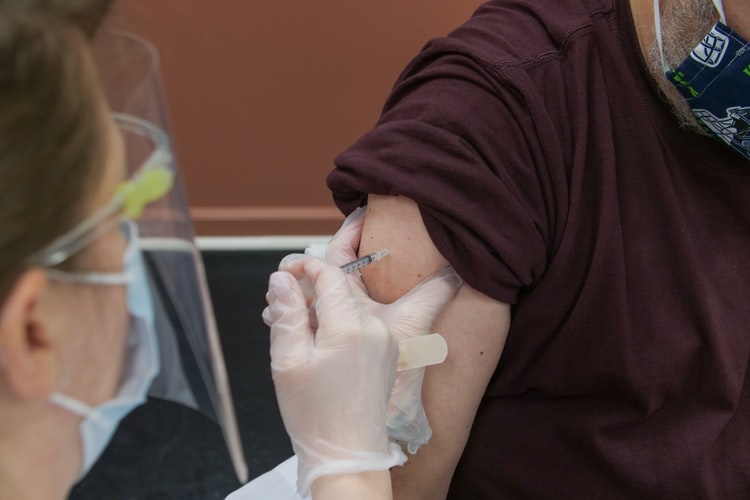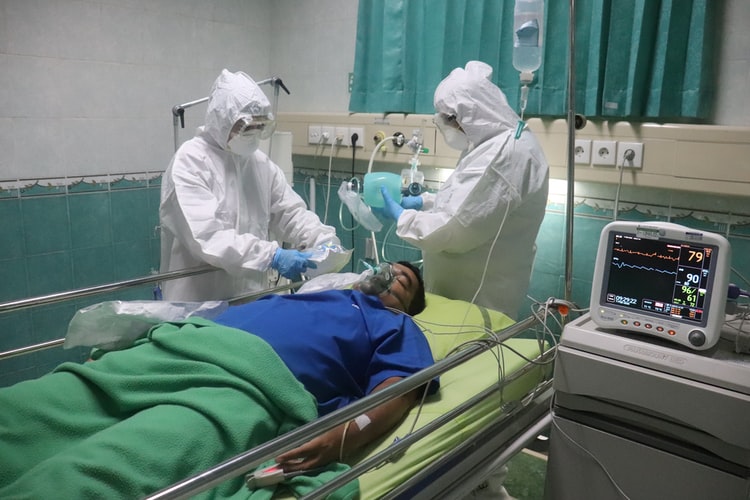The coronavirus pandemic continues to worsen and exacerbate, with the emergence of new variants considered far more lethal. The battle against the novel virus continues to intensify for governments and public health officials worldwide. Given the antagonism garnered by mass vaccination drives all over the globe, the fight to bend the curve continues to deepen.
A post-COVID era seems like a far-off, distant dream as countries struggle to open up economies and resume normalcy. The novel virus outbreak in February 2020 continues to dominate our everyday lives, making normalcy a foggy memory. Public health officials worldwide strive to raise awareness, conduct research on emerging variants and fight the pandemic to save lives.
However, their concerns continue to mount as misinformation prevents large communities from getting vaccinated. Public health officials are combatting mental health issues and formulating strategies for a more secure future. Keep reading to understand the concerns of public health officials in the wake of the pandemic.
1. Research & Development Initiatives

Researchers, scientists, and epidemiologists are struggling to study the origins, risk factors, and symptoms of the COVID-19 virus. There’s a need for extensive evidence-based research with in-depth clinical trials on COVID-19 patients. Doctors, nurses, scientists, and medical researchers know very little about the novel virus. Naturally, this lack of evidence-based research thwarts all efforts to combat the virus and develop 100% effective vaccines.
The demand for skilled public health professionals, clinical researchers, and epidemiologists is rising across healthcare sectors worldwide. These professionals conduct research, clinical trials and develop vaccines and medications to save lives and allow speedy diagnosis. Aspirants can pursue these opportunities by exploring MPH programs online to enjoy career advancement.
A master’s in public health can provide lucrative opportunities for healthcare professionals to contribute where it matters the most. Public health officials lead initiatives that impact millions of lives, promoting healthcare equality and improved patient care. Besides, the online learning environment allows aspirants to balance their education and existing careers with flexible courses. You can learn at your pace and pursue a lucrative and rewarding career.
2. Combatting Emerging COVID-19 Variants

It’s natural for viruses to mutate, and emerging variants are always stronger, deadlier, and highly infectious. Presently, COVID-19 is mutating dramatically, and emerging variants of COVID-19 are far more lethal and destructive. These variants are infecting communities who are vaccinated and unvaccinated, increasing hospitalization rates rapidly.
According to the World Health Organization, the prevailing Delta variant is the “fastest and fittest” COVID-19 variant. The Delta variant is more efficient at transmitting, and the symptoms are much more lethal and debilitating. Public health officials faced with such alarming odds are working tirelessly to encourage mass vaccination and reduce hospitalization rates. These professionals work in various capacities to conduct research, raise awareness, design campaigns, and promote policymaking initiatives.
Public health professionals design health emergency programs to deal with the rising infection rates and help vulnerable patients. They actively promote COVID-19 vaccinations and initiate targeted campaigns to defend vulnerable communities from infections. Public health officials must also design initiatives and safety protocols to protect the front-line workers and healthcare staff.
3. Awareness Campaigns
Designing and implementing mass awareness campaigns is crucial to fight misinformation and prejudice and promote mass vaccination. The world cannot resist the coronavirus pandemic without rising vaccination rates. The virus will continue mutating and worsening if it finds weak immune systems to prey upon, aggravating the pandemic.
Therefore, public health officials must brave the responsibility to drive awareness with targeted campaigns. These campaigns encourage communities to get vaccinated and embrace COVID-19 safety regulations. Awareness campaigns also spread accurate information on symptoms, risk factors, and diagnosis to prevent uncertainty and chaos.
Raising awareness is crucial to support the global fight against the novel virus. Public health officials design targeted campaigns to fight against religious prejudice and misinformation surrounding vaccines. They encourage vaccination and help people overcome the fear of medications and vaccines with accurate information.
4. Combatting Mental Health Issues
The COVID-19 pandemic has aggravated mental health issues by depriving us of our social support systems and confining us at home. Anxiety, depression, stress, and mood disorders, amongst other illnesses, are rising alarmingly since the pandemic began. Millions of mental health patients worldwide have lost direct contact with their families, friends, and psychiatric care providers.
Public health officials are formulating new tools, approaches, and mediums to combat these rising mental health challenges. They are devising new strategies to ensure mental health patients receive undisrupted support and communication with their care providers. Public health officials also support policymaking and research initiatives to investigate the causes and symptoms of the pandemic-induced mental health challenges.
5. Future-Proofing the Healthcare Sector
Research and emerging reports on climate change reveal that pandemics and epidemics are a significant facet of the world’s future. Rampant pollution and ecological damages will give rise to more pandemics and novel viruses. Public health officials worldwide are striving to future-proof the healthcare sector, preparing the world for future pandemics.
The coronavirus pandemic created an unprecedented emergency that brought the global healthcare sector to its heels. Doctors, medical scientists, healthcare organizations, and public health professionals were unprepared to deal with the catastrophe. Moving forward, healthcare leaders are adamant about developing innovative strategies and embracing technologies to prevent the ongoing situation.
Public health officials must work alongside policymakers and healthcare leaders to develop future-focused strategies. There’s a growing need to promote healthcare equality and enhance patient care to eliminate the disadvantages faced by marginalized communities.
Conclusion
The battle against the COVID-19 pandemic is far from over, and public health officials are leading this fight. The concerns of healthcare leaders are growing, given the heightened mutation and hospitalization rates. Presently, public health professionals are focused on strengthening and deepening global healthcare alliances.
Healthcare leaders and professionals must come together to share research initiatives and contributions to save billions of lives. Collaborations between countries will allow the world to triumph against the ongoing pandemic and build sturdier defenses for the future.




























